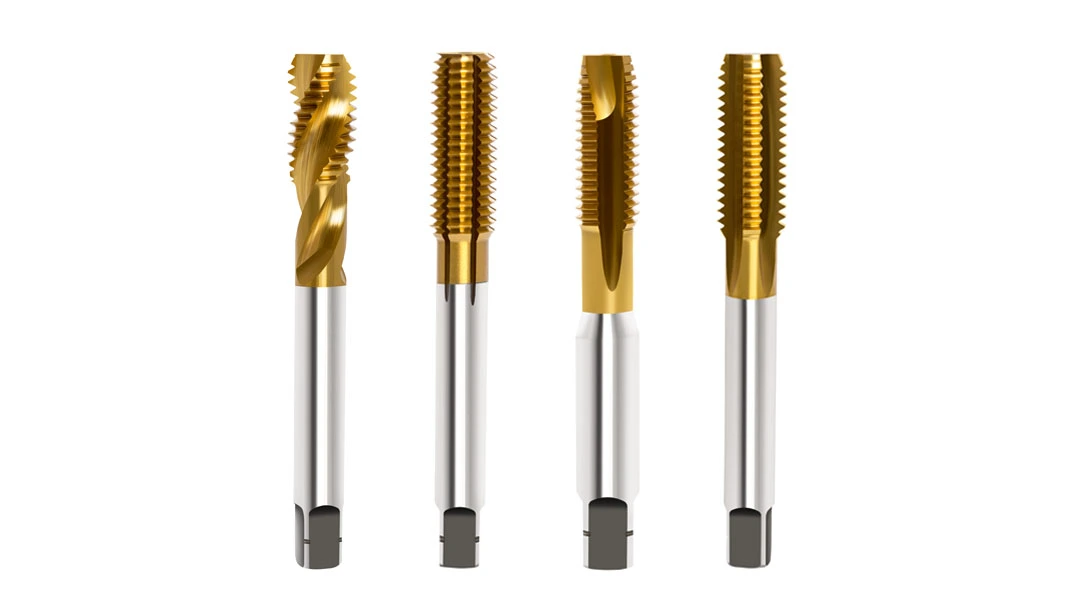Tapping into Excellence: Unravelling the Secrets of HSS Taps
Threading operations are a critical aspect of machining, demanding precision and reliability. High-speed steel (HSS) taps stand as unsung heroes in this process, contributing significantly to the creation of threads in a variety of materials. Let’s dive into the secrets of HSS taps, unveiling the secrets that make them indispensable in the world of machining.
In the realm of machining, the role of HSS taps in threading operations cannot be overstated. These tools are instrumental in creating precise threads, ensuring the integrity of fastened components across industries. Understanding the nuances of HSS taps is key to unlocking their full potential and optimizing threading processes for superior efficiency.
Types and Applications:
HSS taps come in various types, each tailored to specific threading requirements. Spiral point taps, spiral flute taps, and straight flute taps are among the common variants, each designed to address different challenges in the threading process. From threading blind holes to handling challenging materials, HSS taps offer versatility in applications, making them indispensable in industries ranging from automotive to aerospace.
Considerations for Material Compatibility:
Selecting the right HSS tap for a given material is crucial for achieving optimal results. The hardness, abrasiveness, and machinability of materials influence the choice of tap. Whether threading through aluminum, stainless steel, or hardened alloys, understanding the material’s characteristics is paramount in ensuring the longevity and performance of the HSS taps.
Thread Design, Pitch, and Coatings:
The success of a threading operation hinges on the meticulous design of threads, the pitch, and the application of appropriate coatings. HSS taps are available in various thread designs, such as metric, UNC, and UNF, each serving specific purposes. Additionally, considerations like pitch and coatings play a vital role in enhancing tool life and minimizing friction during the threading process.
In conclusion, the secrets of HSS taps lie in their adaptability, precision, and the careful selection of parameters based on the material being threaded. Manufacturers and machinists who unravel these secrets can tap into excellence, optimizing their threading operations for improved efficiency and superior results. HSS taps, with their versatility and performance, continue to be indispensable tools in the pursuit of machining perfection.

